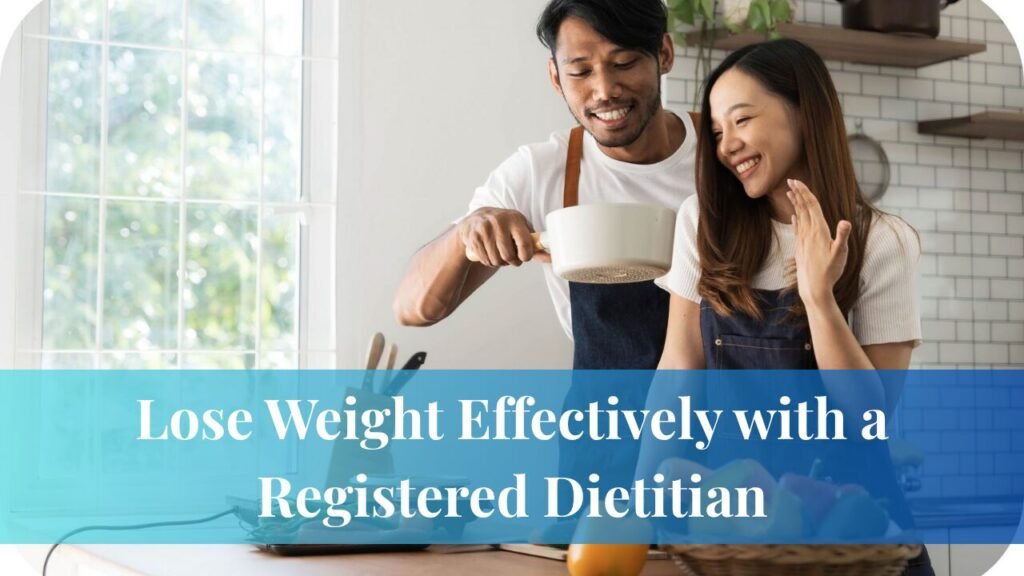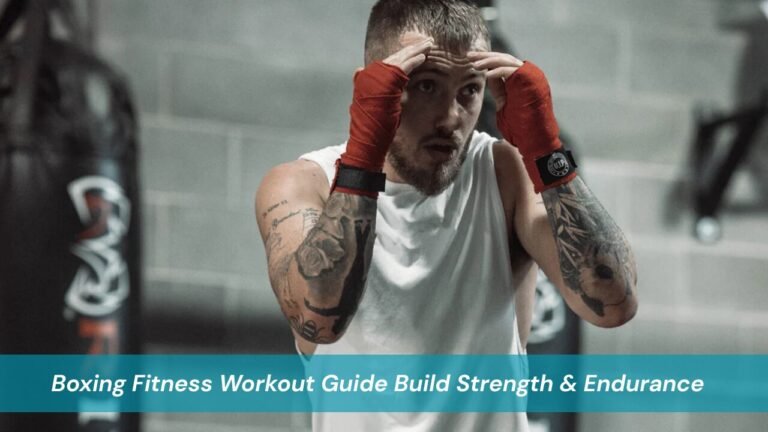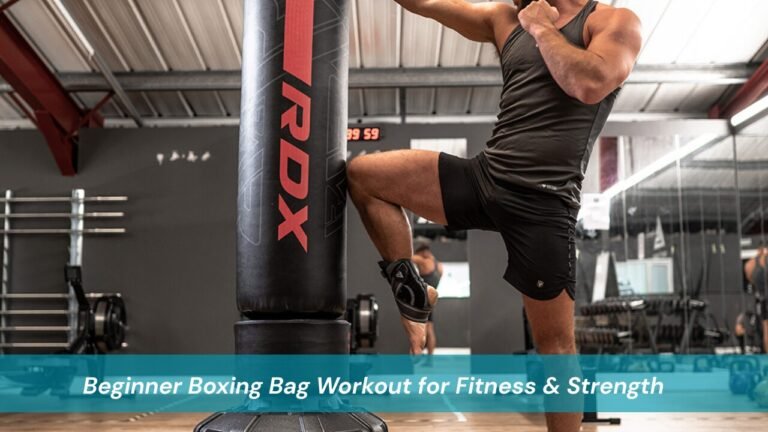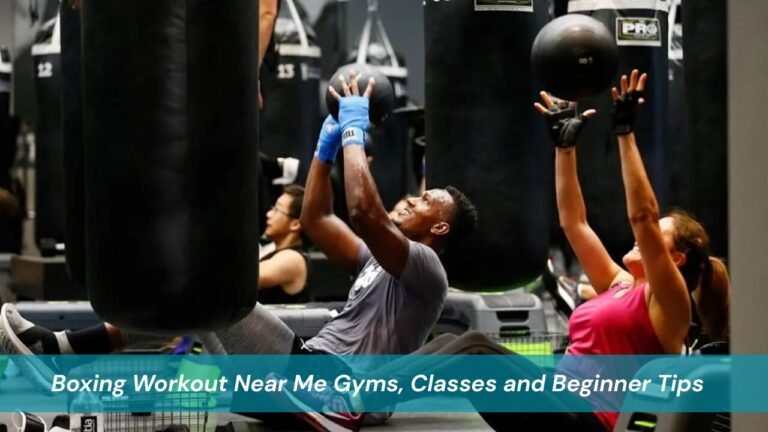Losing weight is often portrayed as a straightforward formula eat less, move more. But anyone who has tried knows it’s rarely that simple. Conflicting advice, fad diets, and unrealistic expectations can make the process overwhelming. Even with motivation, the lack of personalized guidance often leads to frustration and burnout.
That’s where a registered dietitian for weight loss becomes invaluable. These nutrition experts provide science-based recommendations, personalized plans, and ongoing support to help you reach your goals in a realistic and sustainable way. Rather than following trends, you work with evidence-driven solutions designed for your unique body and lifestyle.
What Is a Registered Dietitian?
A registered dietitian is a trained food and nutrition professional who meets strict academic and clinical requirements. They typically hold at least a bachelor’s degree in dietetics or nutrition, complete over 1,200 hours of supervised internship, and pass a national exam administered by the Commission on Dietetic Registration.
These experts continue their education throughout their careers to stay current with medical and nutritional research. They don’t just hand out general diet tips; they evaluate your medical history, lifestyle, and goals to craft nutrition strategies that work for you. Whether they work in hospitals, private clinics, or virtually through telehealth, their reach continues to grow.
Why Choose a Registered Dietitian for Weight Loss?
Choosing a registered dietitian ensures that your nutrition plan is rooted in scientific evidence. Unlike advice from online influencers or trending apps, dietitians rely on peer-reviewed research and clinical data. This means the strategies you follow are not only safe and tailored but also designed for long-term success.
People who work with RDs often experience more consistent and sustained weight loss over time. This is because your plan is not only individualized but also monitored and adjusted as needed. With expert oversight, your goals become more achievable and realistic.
How Dietitians Personalize Your Plan
Every person has different needs, and registered dietitians understand that. They don’t offer one-size-fits-all programs. Instead, they craft meal plans based on your medical history, personal preferences, dietary restrictions, and lifestyle habits. Whether you’re vegetarian, managing diabetes, or just juggling a hectic schedule, they adapt the plan to you.
This flexibility means you’re not following an overly restrictive or generic diet. As your lifestyle evolves, so does your plan. You get a roadmap that fits your life—not one you have to reshape your life to follow.
Support and Accountability That Keeps You Going
Changing habits takes more than just information; it requires consistent support. One of the key roles of a dietitian is to offer ongoing accountability and motivation. Regular check-ins help you stay on track, navigate setbacks, and make adjustments that keep your momentum strong.
This professional support is often what separates success from failure. With someone cheering you on, troubleshooting obstacles, and celebrating wins, you’re much more likely to stick with your goals over time.
A Whole-Body, Holistic Approach to Health
Weight loss shouldn’t just focus on numbers on the scale. Registered dietitians look at your overall well-being, helping you improve your relationship with food, manage stress, and get better sleep. These components are essential for lasting success and general health.
Their holistic methods might include techniques such as mindful eating, sleep hygiene practices, and even addressing hormonal or metabolic concerns. It’s about building a healthy life not just losing weight.
Managing Chronic Conditions With Medical Nutrition Therapy
If you’re dealing with health issues like high blood pressure, diabetes, PCOS, or high cholesterol, dietitians can provide targeted care through Medical Nutrition Therapy (MNT). MNT involves using specific nutrition interventions to treat or manage medical conditions with a structured, customized approach.
Many people see notable improvements in their symptoms and overall health when MNT is part of their treatment plan. It can even help reduce healthcare costs over time by minimizing complications and the need for medications or hospital visits.
DIY Dieting vs. Working With a Dietitian
Trying to lose weight on your own often leads to inconsistent results. DIY approaches typically lack customization and can be influenced by misinformation. Without expert input, it’s easy to overlook important health factors or adopt unsustainable habits.
In contrast, working with a dietitian provides you with a plan tailored to your needs, scientifically accurate advice, and continuous emotional and educational support. Your progress is professionally monitored, increasing your chances of long-term success.
Real Success Stories from Everyday People
Consider Sarah, a 38-year-old struggling with PCOS and fatigue. After failing with intermittent fasting, she turned to a dietitian who designed a plan focusing on regular meals, low-glycemic foods, and stress management. Within six months, she lost 22 pounds, regained energy, and saw improvements in her PCOS symptoms.
Then there’s James, 52, who was pre-diabetic with stubborn belly fat. His dietitian introduced a Mediterranean-style plan and a daily walking routine. In just four months, James lost 15 pounds, lowered his A1C, and improved his cholesterol levels. These stories highlight the tangible results a dietitian can help you achieve.
What Happens During Your First Appointment
The initial session with a registered dietitian typically includes a full assessment of your medical background, eating habits, and lifestyle. Together, you’ll set realistic short- and long-term goals, and the dietitian will provide actionable steps to get started.
Expect sample meal ideas, practical shopping advice, and strategies for portion control. Many dietitians also use technology like food-tracking apps or fitness wearables to enhance support between sessions. It’s a comprehensive, educational experience that sets the stage for lasting change.
Choosing the Right Dietitian for You
Not all dietitians are the same, so finding the right fit matters. Make sure the one you choose is a licensed RD or RDN and check for certifications in areas relevant to your needs, such as weight management or diabetes care.
Consider their communication style some may take a more motivational, coach-like approach, while others are more educational. Also, look for someone who offers flexible scheduling and virtual sessions if needed. Reading real reviews and testimonials can also give insight into how they support their clients.
Understanding the Cost and the Value
Working with a dietitian is an investment, but one that pays off. Sessions typically range from $75 to $200 depending on location and experience. However, many insurance plans and health savings accounts (HSAs or FSAs) cover the cost if it’s deemed medically necessary.
Over time, the value becomes clear. With a structured approach, you may waste less food, make fewer visits to the doctor, and develop healthier grocery habits. More importantly, you build a foundation for lifelong wellness rather than short-term results.
Simple Tips to Get the Most Out of Your Experience
To succeed, transparency is key, share your real eating habits and struggles. Attend follow-ups consistently and be open to adjusting your plan. Remember, balance is more effective than restriction. Don’t hesitate to ask questions and celebrate small wins, no matter how minor they seem.
Progress takes time, but with honest effort and expert support, you’ll begin to see lasting changes in how you eat, feel, and live.
FAQs
What is the difference between a nutritionist and a registered dietitian?
A “nutritionist” is an unregulated term in many states, meaning anyone can use it regardless of qualifications. Registered dietitians are licensed healthcare professionals with verified education and clinical experience.
Can a registered dietitian help if I have food allergies?
Absolutely. RDs are trained to create safe, nutritious plans around any allergy or intolerance while ensuring balanced nutrition.
How long until I see results?
It varies, but many clients start noticing changes within 4–6 weeks when consistently following their plan. Long-term results often show within 3–6 months.
Are virtual sessions as effective as in-person ones?
Yes. Many dietitians now offer secure, HIPAA-compliant virtual consultations with similar outcomes to in-person sessions.
Is working with an RD only for people with a lot of weight to lose?
No. Whether you want to lose 5 pounds or 50, or simply learn how to eat better, RDs can tailor their support to any goal.
Conclusion
Trying to lose weight alone can be confusing and demotivating. A registered dietitian brings clarity, evidence-based guidance, and support to help you make progress with confidence. Their approach not only improves how you eat but also how you live.
With the right support, you can finally move beyond fad diets and start building a healthier, more sustainable lifestyle. Visit boxingessential to explore how to begin your journey today.




